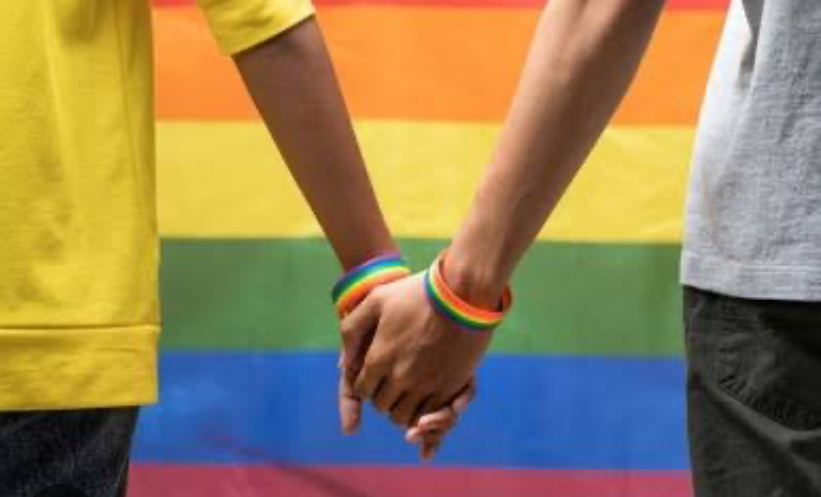In a small community in Nigeria, a heartbreaking story unfolded, involving a 22-year-old woman named Atinuke Azeez.
She was discovered in a moment of intimacy with another woman, which practically led to an overwhelming response from her family.
Atinuke’s father, a respected prophet in a Cherubim and Seraphim (C&S) church, held firm beliefs that painted homosexuality as a grave sin.
Convinced that his beloved daughter was under the influence of an evil spirit, he resorted to extreme measures out of desperation and concern for her soul.
For seven long days, Atinuke was confined to a room, enduring a distressing ritual meant to ‘deliver’ her from what her father believed was a demonic possession.
Each day, a Prophet would come into the room, brushing her with a broom—a symbolic act intended to cleanse her spirit. This ordeal was not just physically isolating but emotionally harrowing, leaving her trapped in fear and confusion.
After enduring such an intense experience, Atinuke made the courageous decision to escape.
She fled from her family and the church, driven by a need to find her own path and reclaim her autonomy.
Now in hiding, she navigates a world full of uncertainty, while her family continues to search for her, believing they are acting in her best interest. Their intentions, rooted in love and concern, are overshadowed by a profound misunderstanding of her identity.
This painful situation prompts a critical reflection on the nature of homosexuality: is it truly a spiritual issue?
As the visibility of LGBTQ individuals has increased in Nigeria, so too have the societal repercussions. The legal environment is particularly harsh; individuals can face severe penalties, including up to 14 years in prison, under the Same-Sex Marriage Prohibition Act. Such realities create an atmosphere of fear and stigma, leaving many feelings trapped.
Nigeria is not alone in this; a growing number of African countries are enacting laws that further criminalize same-sex relationships, often leading to widespread discrimination and abuse.
Considering this, it is essential for the authorities to recognize the urgent need for compassion and accountability.
Those who harm others simply because of their sexual orientation must be held responsible, but it is equally vital to foster understanding and empathy.
Everyone deserves the right to live their truth, free from persecution and fear, and to be treated with dignity and respect, regardless of their sexual identity.





